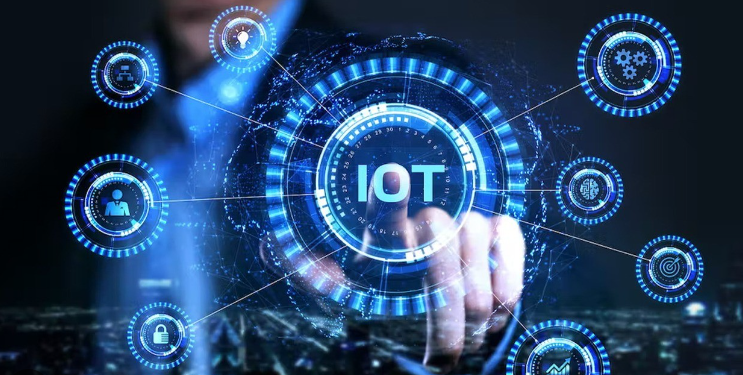Cost estimation for IoT product development is a crucial aspect that requires careful consideration. As the Internet of Things (IoT) continues to revolutionize industries, understanding the financial implications of developing an IoT product can significantly impact the success of a project. This article delves into the various factors influencing the cost and offers insights into how businesses, particularly those involved in exporting and importing, can navigate this landscape effectively.

Understanding IoT Product Development
The development of an IoT product involves creating a system of interrelated devices that communicate and exchange data. This process is more intricate than conventional product development due to the complexity of integrating hardware, software, and connectivity. Therefore, accurate cost estimation is essential for budgeting and strategic planning.
Key Elements Impacting Cost
1. Hardware Components
One of the primary cost drivers in IoT development is the hardware. The choice of sensors, processors, and other components directly affects the overall cost. It’s important to select components that not only meet the technical requirements but also fit within the budget.
2. Software Development
Software plays a pivotal role in IoT systems. The cost of developing robust software solutions that can handle data collection, processing, and analysis can be significant. Companies must decide whether to develop software in-house or outsource it to experienced developers.
3. Connectivity and Network Infrastructure
For an IoT product to function effectively, reliable connectivity is essential. The cost of setting up network infrastructure, choosing the right communication protocols, and ensuring data security can add to the budget.
4. Prototyping and Testing
Before launching an IoT product, prototyping and rigorous testing are necessary to identify potential issues and ensure the product meets quality standards. This phase can be costly but is crucial for the product’s success and longevity. For more insights, you may refer to our IoT device testing checklist.
5. Compliance and Certification
IoT products must comply with various regulations and standards, which can vary by region. Obtaining the necessary certifications can be a time-consuming and costly process. You can learn more about these requirements here.
Strategies for Cost Management
1. Detailed Planning
Effective cost management begins with detailed planning. This involves clearly defining the product’s requirements, setting realistic timelines, and preparing a comprehensive budget.
2. Leveraging Open Source Platforms
Utilizing open source IoT platforms can significantly reduce software development costs. These platforms offer pre-built solutions that can be customized to fit specific needs. Our list of open source IoT platforms can be a helpful resource.
3. Outsourcing Development
Outsourcing certain development tasks to specialized firms can be more cost-effective than hiring a full-time team. This approach allows companies to leverage external expertise and reduce overhead costs.
4. Utilizing Cloud Services
Cloud services provide scalable solutions for data storage and processing, reducing the need for expensive on-premises infrastructure. This can lead to significant cost savings.
The Role of Edge Computing
Edge computing can enhance the performance and efficiency of IoT systems by processing data closer to the source. This reduces latency and bandwidth costs. Learn more about how edge computing works in IoT.
Conclusion
Cost estimation for IoT product development involves various elements that need meticulous planning and strategic decision-making. By understanding the key cost drivers and employing effective strategies, businesses can overcome challenges and capitalize on the opportunities presented by IoT.

Frequently Asked Questions
What are the main components influencing IoT development costs?
The main components include hardware, software, connectivity, prototyping, testing, and compliance.
How can businesses manage IoT development costs effectively?
By detailed planning, leveraging open source platforms, outsourcing, and using cloud services, businesses can manage costs effectively.
Why is compliance important in IoT product development?
Compliance ensures that IoT products meet regulatory and safety standards, preventing legal issues and ensuring market acceptance.
For further reading on IoT product development, you can visit Travancore Analytics.


